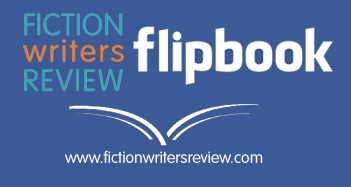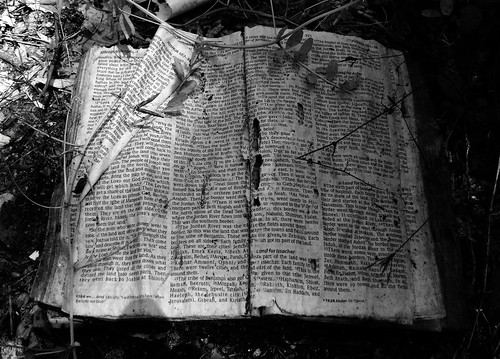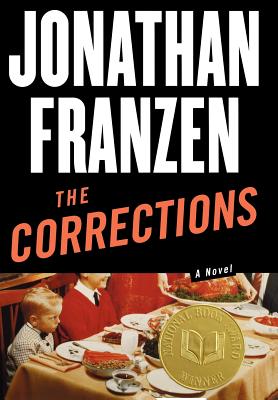How to Steal Like an Artist
by Celeste Ng
Writer Austin Kleon offers this witty, yet sincere bit of advice on the writing life: “How to Steal Like an Artist (and 9 Other Things Nobody Told Me).” An excerpt: Your job is to collect ideas. The best way to collect ideas is to read. Read, read, read, read, read. Read the newspaper. Read the weather. Read the signs on the road. Read the faces of strangers. The more you read, the more you can choose to be influenced by. Identify one writer you really love. Find everything they’ve ever written. Then find out what they read. And read all […]





























